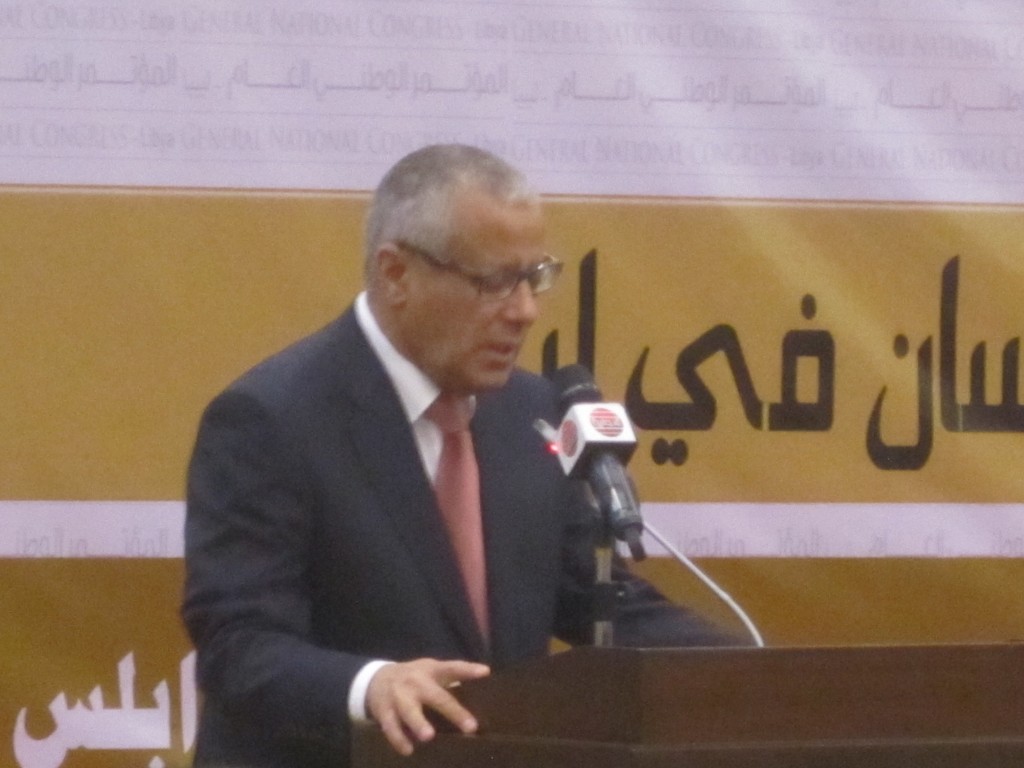By Sami Zaptia.
Tripoli, 21 May 2013:
Speaking at Sunday’s Prime Ministerial press conference, the Minister of Higher Education Hassan Abubaker admitted to . . .[restrict]the poor quality of higher education in Libya. He also noted the raised ceiling of expectations after the Revolution, the weak government and its relatively short life of about one and a half years.
To this end, the Minister said that the government could not work on long term strategies, but is concentrating on short and medium plans. Minister Abubaker revealed that scholarships for students and teaching staff abroad would be 10,500.
He also explained that the Ministry is working on a system to organize scholarships and to organize Libya’s needs with regards to sending students abroad. He further added that while this may not be ready in time during his tenure, it would provide a basis for future governments to build on.
With regards to Libya’s future needs of university graduates and postgraduates, the Minister was alluding to the fact that all Libyan students wish to enter universities, as opposed to Higher Institutes, and that most want to study specific topics such as medicine.
This has led to overcrowding in some faculties and universities whilst there is a paucity and shortage in Higher Institutes and some fields of study.
Minister Abubaker also revealed that there will be greater de-centralization at universities with more power ceded to University heads, as well as the Ministry of Higher Education opening offices in Benghazi and Sabha.
On university rules and laws, the Minister divulged that his Ministry was cooperating with international organizations to review them in the hope that the first draft would be ready by October. [/restrict]







